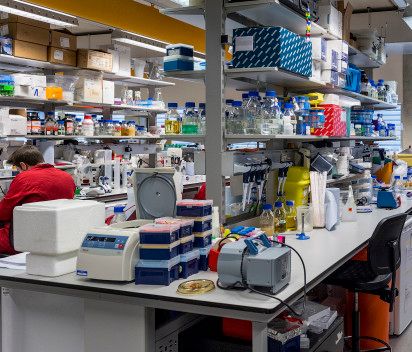BibTex format
@article{Clarke:2021:10.1128/AAC.00594-21,
author = {Clarke, RS and Ha, KP and Edwards, AM},
doi = {10.1128/AAC.00594-21},
journal = {Antimicrobial Agents and Chemotherapy},
pages = {1--13},
title = {RexAB promotes the survival of staphylococcus aureus exposed to multiple classes of antibiotics},
url = {http://dx.doi.org/10.1128/AAC.00594-21},
volume = {65},
year = {2021}
}
